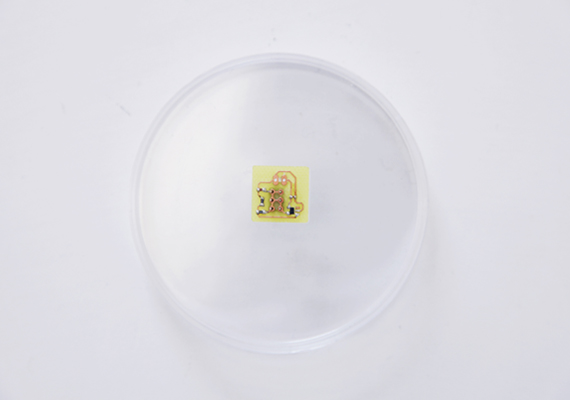
Living Devices explores the possibilities of creating hybrid devices that merge electronics with bacterial systems. Current experiments utilize E. coli JM109 to develop research methodology and gain basic understanding of these micro-organisms.
This thesis explores the intersection between organic and artificial systems where a hybrid unity may be possible. More precisely, an interest lies in creating a series of living devices that combine electronic control systems with live bacterial systems. The main research aims to investigate possible variations of negotiation at the intersection between bio and technical realities. Stimulation experimentation with different bacterial organisms will aid in identifying suitable electric ranges that may create interesting growth results. A series of electrode configurations have been developed where the voltage rate of each single electrode will be adjustable to generate non-unified, diverse and possibly dynamic electric field environments for testing. The current case study utilizes the JM109 strain of E. coli to develop methodology and obtain initial knowledge of bacterial response.